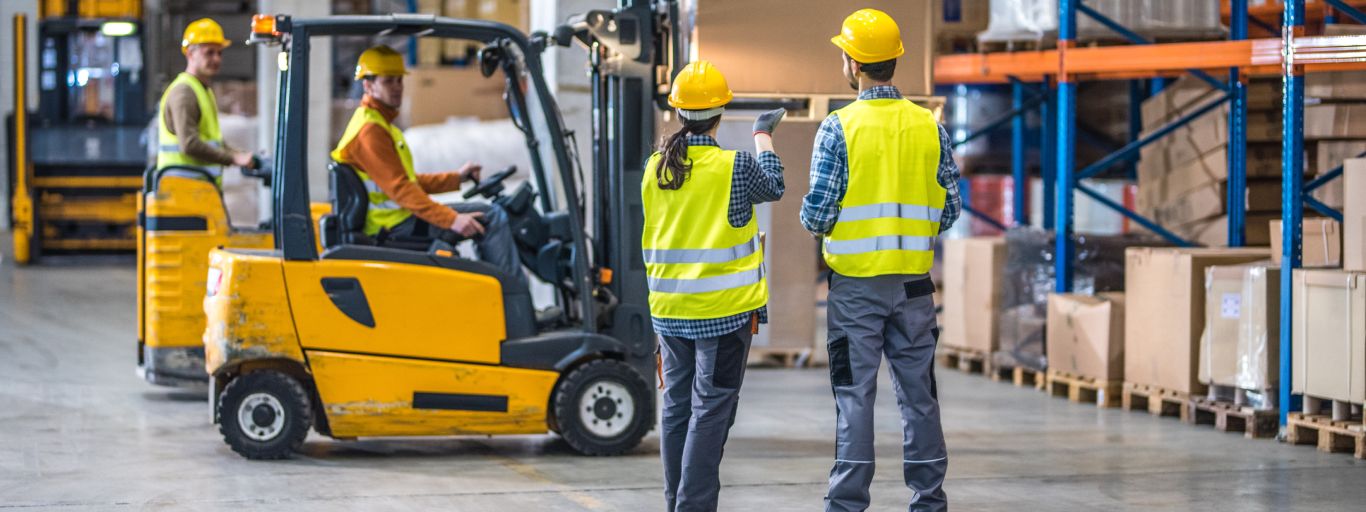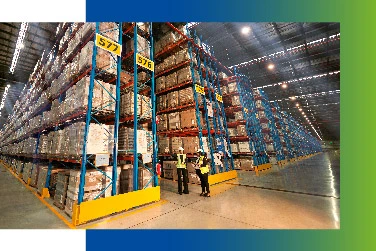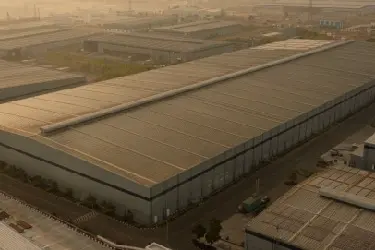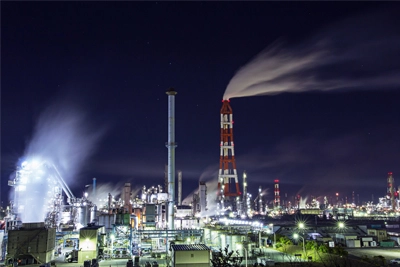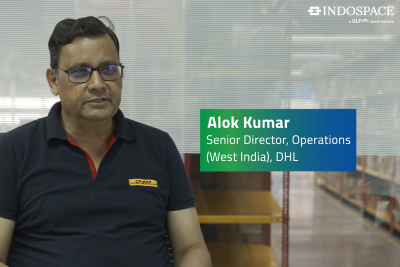Warehousing in India, warehouse for rent in Bangalore
The past few years have witnessed an e-commerce boom that has ensued in an increased competition among businesses to match the customer demands and expectations with prompt delivery. As this trend grows on, businesses are opting for additional warehouse space to handle the large volume of demand and supply. Moving into new warehouses and expanding operations is the abiding rule in warehousing in India today. However, businesses should keep an eye on key warehousing kpis to remain profitable and competitive.
However, moving facilities to a new warehouse requires lot of work and this can double in case the warehouse in question has been already in use by another business. In view of that, converting a new warehouse space into something you can use and optimise from the first day of operation should be your primary objective once you buy it. Here are some tips on how to start a new warehouse on the right foot.
Define the purpose
After this, take time to define what precisely this new warehouse will be used for. Figuring out exactly what this warehouse is meant to do will go a long way towards helping you get it set up resourcefully and ready to function profitably. Did you buy it in a strategically important location to serve a new area and complete deliveries faster? Or is this warehouse to store additional products and/or supplementary inventory? Or are you using it to handle clearance, markdowns, and returns only? You’ll need to decide on the floor plan accordingly. After this, you can start staffing up and moving in your inventory.
Review the status of the fundamentals
This must be done before anything else as any fault or defect in the warehouse’s infrastructure can incur losses and cost overruns in the long run and repairs may be quite difficult at later stage. So what are the infrastructural attributes that you need at a warehouse to make it work for years? You will need to make sure that the place’s flooring, ceiling, HVAC systems, roll-up doors, loading dock etc are in good working condition.
Often people neglect the flooring but there are multiple reasons why a bad flooring may affect operations and incur losses. It may cause to break or cave in easily under the pressure of heavy equipment. This breakage may exhume concrete dust that may cover your products and working staff in dust. At the time of moving rolling carts, it may cause the wheels to get stuck and eventually cause further damage to the equipment and the flooring itself.
After fixing these issues, you’ll need to review the installations you may require. In this regard, your experience in handling the already existing warehouses would help. Consider getting all the changes that you needed to make in your current location. Based on the nature of your products, you may need to bring in pallet racks or wire shelves to complement the shelves existing at your previous location. Avoid using just any of your spare old shelves as this could cause storage headaches later on.
Go for deep cleaning
This is something that has become even more vital following the pandemic and COVID-19 infections. Before readying your new warehouse for use it needs to go through deep-cleaning. Keep all surfaces sanitised and the entire space clean and sanitised. You may take help from a professional cleaning and sanitisation company for this, as they can help you cover more ground in shorter time without engaging your own staff who are already busy working on the other warehouse needs.
If your business is not ready to own a warehouse yet, you may choose warehouse for rent in Bangalore or any other strategically important business location. Nevertheless, businesses grow and evolve over time, and need to get a warehouse of their own started. Making the right efforts at the outset could save a lot of headache, not to mention the time and money down the road, in managing the warehouse successfully and profitably.
